According to the Ministry of Health, Whitmore disease (also known as Melioidosis) is an infectious disease in humans and animals caused by the bacteria Burkholderia Pseudomallei.
B. pseudomallei bacteria exist naturally in soil, can contaminate water sources and are transmitted mainly through the skin when open wounds come into direct contact with contaminated soil, mud, or water. There is currently no evidence of human-to-human or animal-to-human transmission.
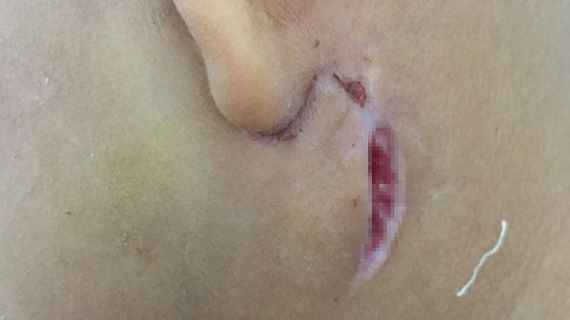
Flesh-eating bacteria disease is not an epidemic but is very dangerous if contracted (photo source: internet).
Accordingly, Whitmore's disease is a rare disease that does not spread into an epidemic. The disease has recorded a high number of cases mainly in Australia and Southeast Asia. In Vietnam, the disease was first discovered in 1925 and then appeared sporadically over the years in some localities and the most recent cases were discovered in Dak Lak and Thanh Hoa, including deaths.
The disease has very diverse clinical manifestations, is difficult to diagnose and can be fatal due to complications of severe pneumonia, sepsis and septic shock. People with underlying diseases (diabetes, liver disease, kidney disease, chronic lung disease, immunodeficiency ...) are at high risk of getting the disease.
The disease is treated by using antibiotics that are sensitive to strains of B. pseudomallei and drugs to treat symptoms and accompanying complications, while providing care and nursing to restore the patient's health.
There is currently no vaccine to prevent Whitmore disease. The main preventive measures are to ensure personal hygiene, environmental hygiene, use protective gear when working in contact with contaminated soil, mud, water or in unsanitary environments, clean and disinfect contaminated skin cuts, scratches or burns, and practice thoroughly cooking food and drinking boiled water.
To proactively prevent Whitmore disease, the Department of Preventive Medicine, Ministry of Health recommends that people take measures to limit direct contact with soil and dirty water, especially in heavily polluted areas. Do not bathe, swim, or dive in ponds, lakes, or rivers in/near polluted areas.
Use protective gear (shoes, boots, gloves...) for those who regularly work outdoors, exposed to soil, mud and dirty water.
Ensure personal hygiene, wash hands regularly with soap and clean water, especially before and after preparing food, before eating, after using the toilet, after working in the fields.
Eat cooked food and drink boiled water, ensure food hygiene and safety; do not slaughter or eat sick or dead animals, livestock or poultry.
When there is an open wound, ulcer or burn, avoid contact with potentially contaminated soil or water. If contact is unavoidable, use a waterproof bandage and wash thoroughly to ensure hygiene.
People with diabetes, chronic liver, kidney, lung disease, and immunodeficiency need care and protection of wounds to prevent infection. When suspected of infection, go to a medical facility for consultation, examination, detection, and timely treatment.
Source



![[Photo] National Assembly Chairman Tran Thanh Man attends the ceremony to celebrate the 1015th anniversary of King Ly Thai To's coronation](https://vstatic.vietnam.vn/vietnam/resource/IMAGE/2025/4/13/6d642c7b8ab34ccc8c769a9ebc02346b)
![[Photo] National Assembly Chairman Tran Thanh Man attends the Policy Forum on Science, Technology, Innovation and Digital Transformation](https://vstatic.vietnam.vn/vietnam/resource/IMAGE/2025/4/13/c0aec4d2b3ee45adb4c2a769796be1fd)

![[Photo] Prime Minister Pham Minh Chinh chairs the Government's special meeting on law-making in April](https://vstatic.vietnam.vn/vietnam/resource/IMAGE/2025/4/13/8b2071d47adc4c22ac3a9534d12ddc17)

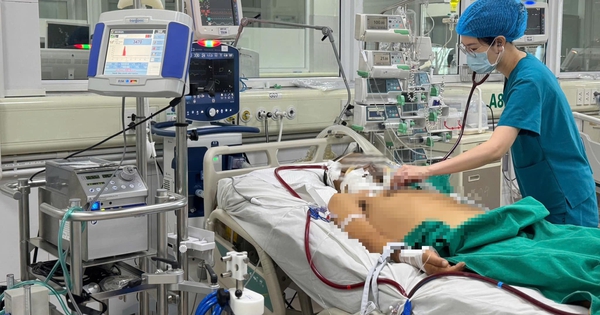

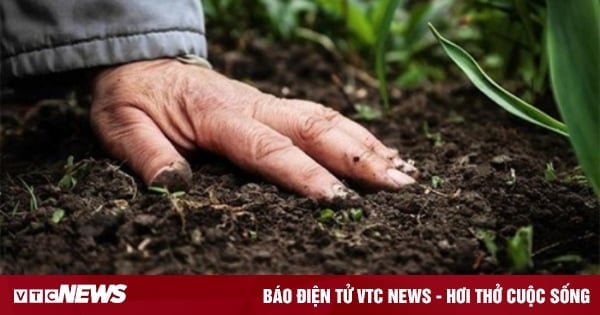

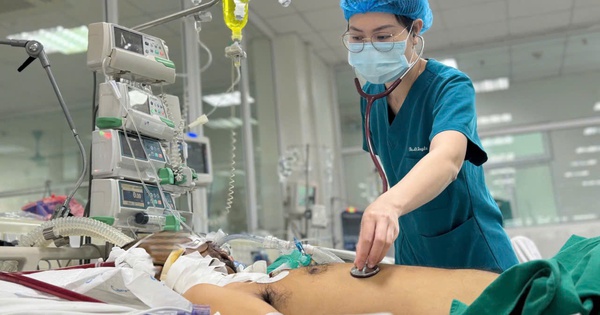



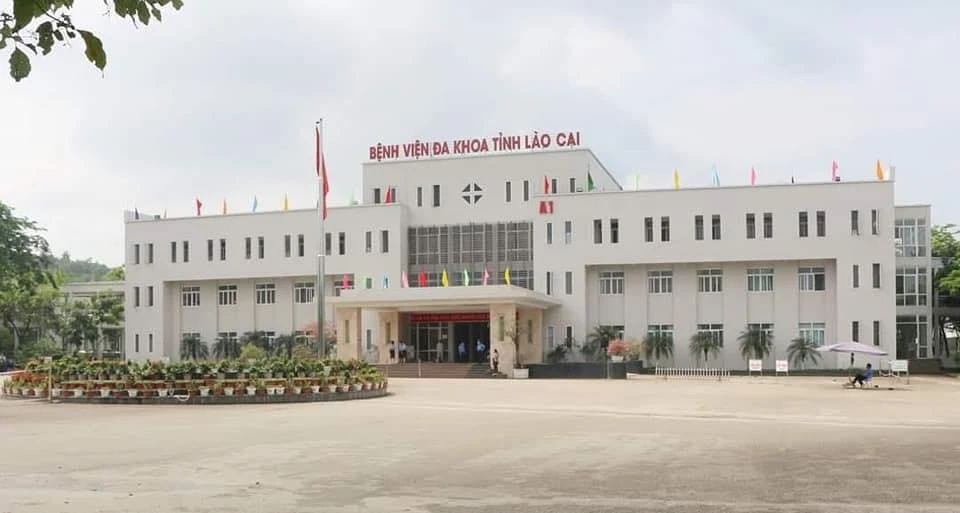








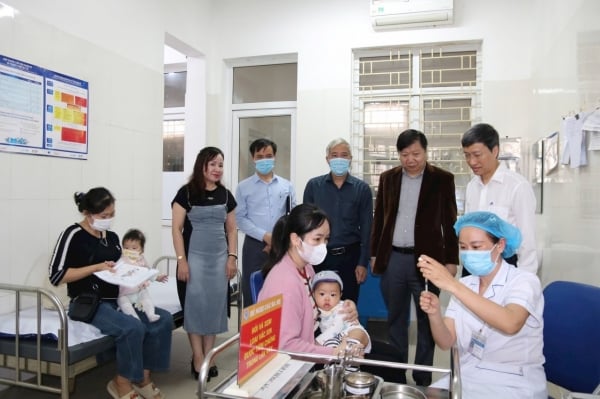









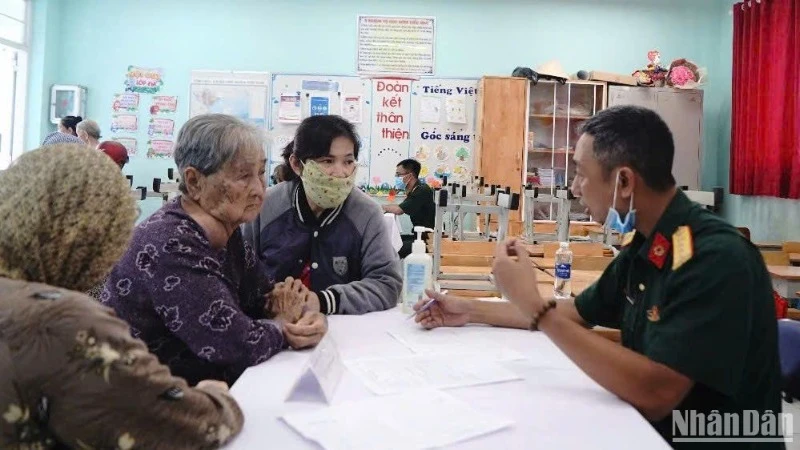













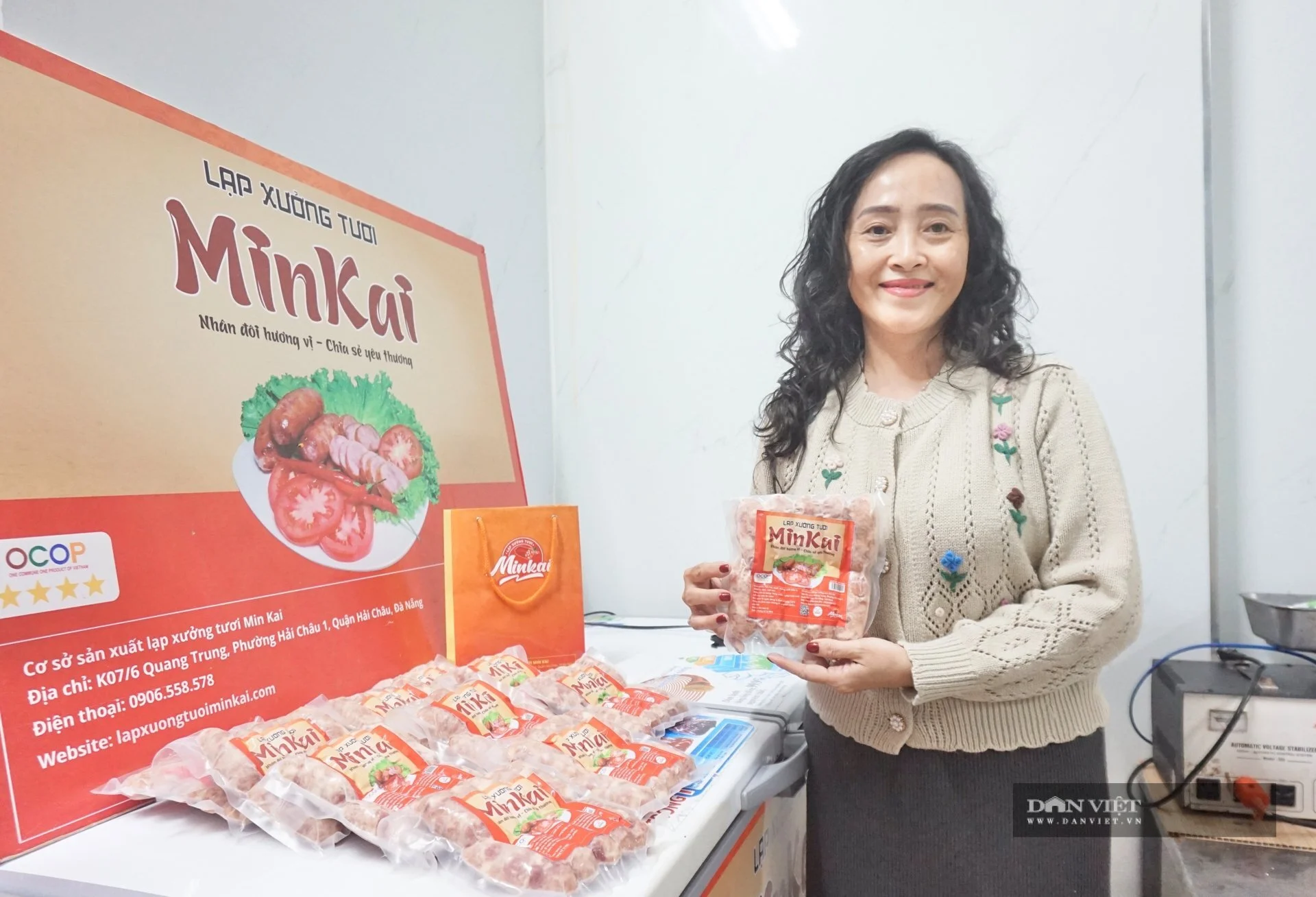





















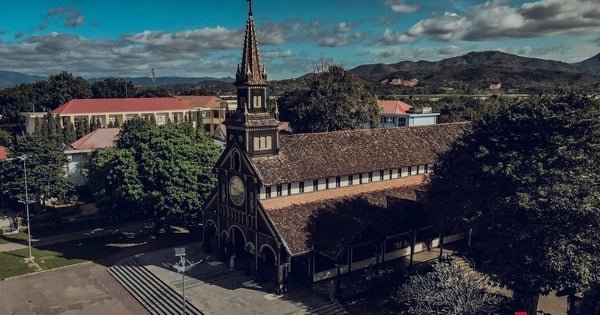








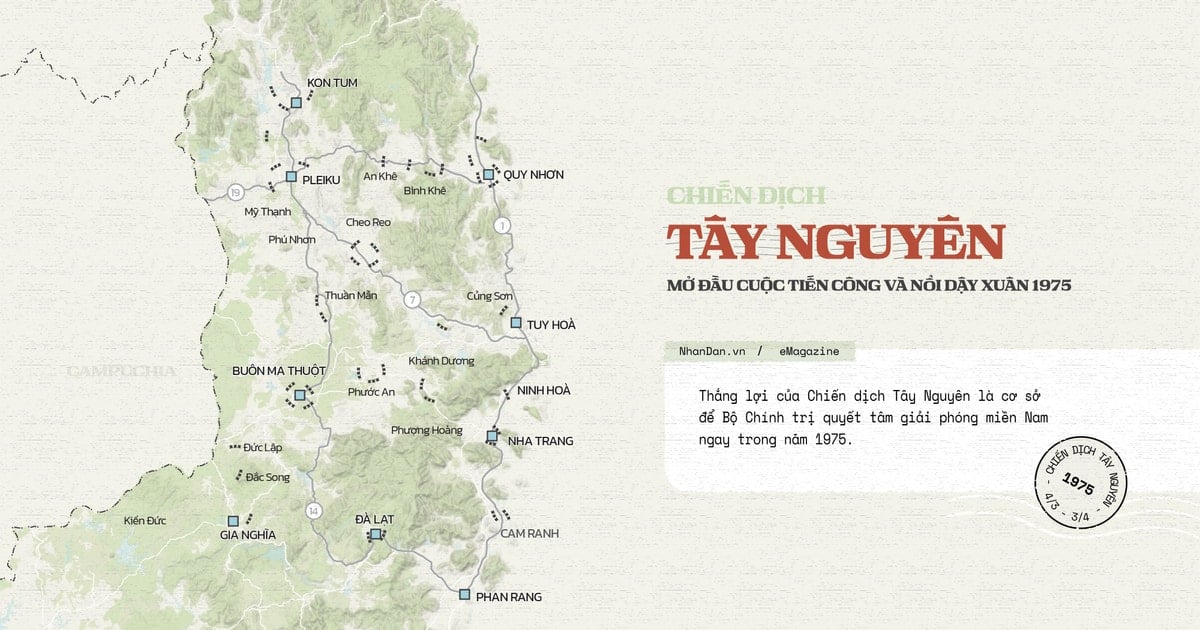

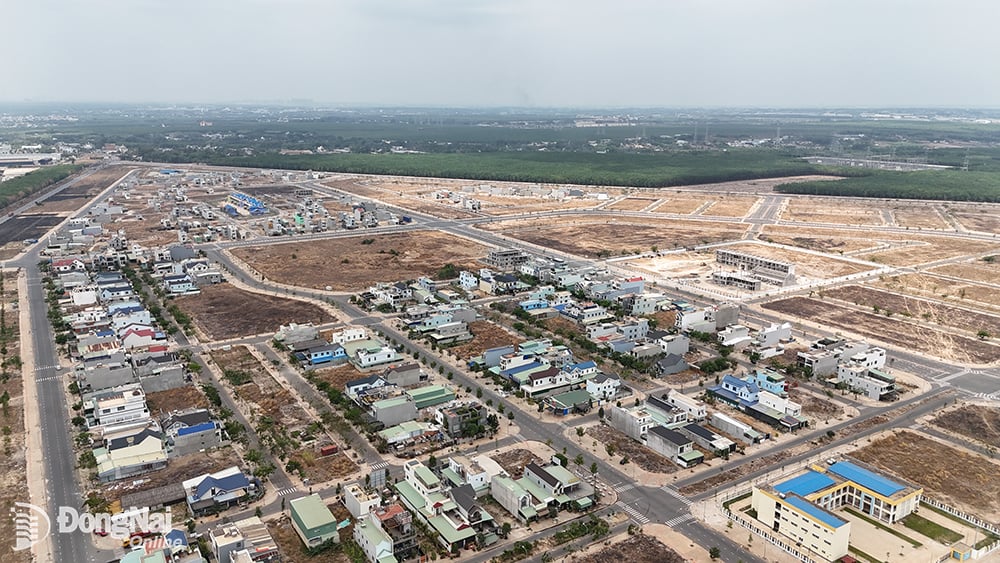

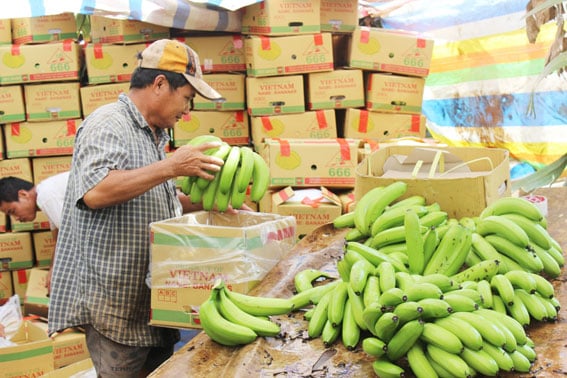











Comment (0)